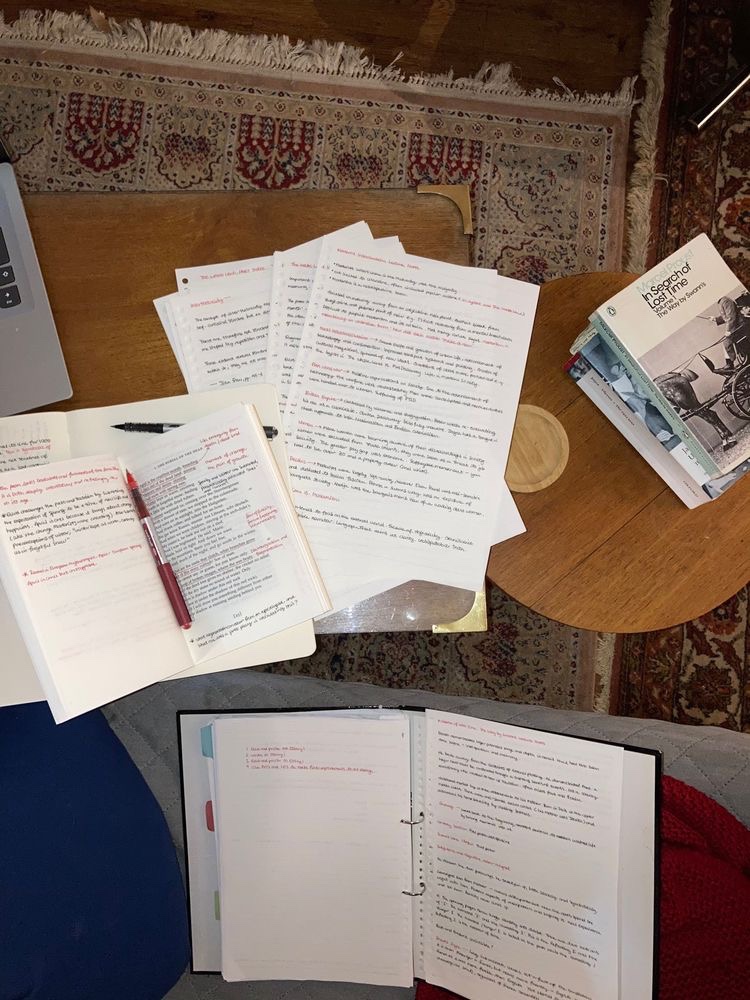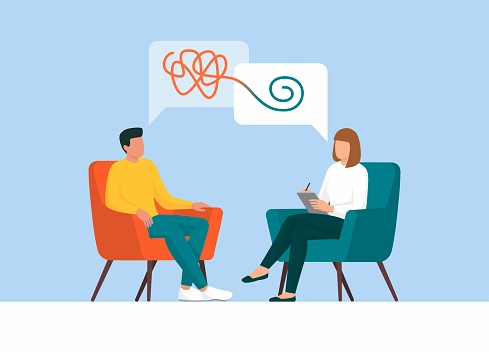
Writing this article, I felt like a huge hypocrite, because I am the BIGGEST procrastinator I know. And no, that’s not a joke or me flexing my terrible lifestyle on you (though can we address the toxicity of that culture for a second?) Procrastination has become a part of our daily vocabulary, a word we use without a second thought- but somewhere along the line, calling myself a ‘huge procrastinator’ stopped being funny. Because, while joking about procrastination is fun for a while, when you find yourself unable to break out of that suffocating cycle of making and failing your to-do lists’, it can end up being downright debilitating. It can affect your grades, social life and even relationships with friends and family in ways you couldn’t have predicted.
To clear things up, if you are someone who procrastinates mildly, maybe with the occasional assignment or test or interview, or whatever it may be, that’s fine. That’s normal. It’s the minute you stop being able to control your procrastination, the minute you find yourself making and scrapping study schedules as your procrastination prevents you from completing important tasks, the minute you find it becoming a seriously detrimental force in your life- that’s when you need to start tackling the problem. DON’T push it aside. Don’t dismiss it. Don’t, in true procrastinator fashion, leave confronting the problem for the ‘next day’. Because that’s the first trap you can fall into: thinking it insignificant. Don’t do that.
After you do acknowledge it though, how exactly do you deal with it?
- Lock your phone away while studying or use apps like Forest or Cold Turkey to cut off distractions and social media while you study.
- If you type up your notes or have to use a device to revise/study/ research but find yourself deviating to youtube or being unproductive, use website blockers like Block Site (yes, creative name, I know) that allow you to set ‘work time’ hours where you can’t access those sites.
- Make to do lists the night before or the morning of your day, so you know EXACTLY what you need to get done and don’t get distracted trying to work out what you have to do.
- Make SMART schedules or routines for yourself that aren’t TOO AMBITIOUS and take into account real life factors. And try not to waste time making a SUPER detailed schedule for the next couple of months when you know that you can’t predict events that could pop up. Either of those things could just end up demotivating you when you find yourself unable to follow your schedule and make things worse.

Now that list has been pretty helpful and has gone a long way towards stopping my procrastination, but at the end of the day, it can only do so much. What do I mean by that? Let me give you a little insight into my own glorious battle with procrastination (okay..perhaps not so much glorious and more very, very long, and incredibly draining and disheartening, But semantics, shemantics.) As a student who had fallen into the downward spiral of binge watching, I found myself waiting till the last minute to complete my assignments, spending less than ample time studying for tests… you know, the usual. But for a time being, I could get away with it. I was just smart enough to ace my hurriedly scrawled homework on the bus and my ‘I-pulled-an-all-nighter-to-study’ exams. I told myself I was okay despite the fact that I was going to sleep at absurd hours, skipping all sorts of important chores and was subject to constant migraines. (sound familiar yet?) I was running on caffeine and tears. But I couldn’t stop. My grades took a plunge. And even when I recognized all this and tried to stick to routines and cut out social media, I either found myself going back on my word or finding other ways to procrastinate: doodling, drawing up unnecessary lists, even color coding my wardrobe. Tis a world of endless opportunity for the procrastinator. I listened to TED Talks, I bought and read self-help books, I joined a procrastinator’s forum. I did it all. And yet, days after my new found promises, I would find myself procrastinating again. Yeah, if you can relate to what I’m saying, then you probably understand that it can feel IMPOSSIBLE to pull yourself out of that toxic cycle.
What you need to do first is realize that nothing and no one else can solve this problem for you. Ultimately, it’s you and your head. Nobody else is going to be able to solve the problem for you, and the solutions are SO subjective to each person. So don’t quit trying, no matter how many times you fall back.
That’s not to say I have no other advice I can give you. The first monumental step I made in working towards dealing with my procrastination was understanding WHY. Research has demonstrated the connection between procrastination and dopamine (yep, that’s the same neurochemical reaction caused by drugs). Between choosing what makes you happy in the short time, and what will be fulfilling the long term, dopamine pretty much urges your brain to look at the short term option. So the best ways to overcome this, is tricking your brain into thinking that studying, or whatever it is that you are procrastinating on, is the option that will make you happier. A popular way to do this is going on a dopamine detox, which involves a day of not doing ANYTHING until you’re bored out of your mind, and then rewiring your brain the way you want it too. (Andrew Kirby does some great videos about this if you want to find out more about Dopamine Detoxes)
Now, don’t think that this is it. The golden, shining solution to your problems, a simple solution; that’s not what I’m saying. The whole ‘rewiring your brain’ bit? That was all me. My mind, my willpower. YOU are still going to need to do the work, to will your mind into choosing the healthier decision. So no, if you’re DEEP down the procrastination lane, it’s not going to be easy and it’s not going to be as ‘simple’ as a list. Because thinking that it’s going to be ‘easy’ to stop is your first step backwards. Admit to yourself that it’s going to be a challenge to stop procrastinating, and then start trying. And keep trying. And pick yourself up again and keep trying. Don’t give up on yourself when you slip up (even if it’s a BIG slip-up) and then, slowly but definitely, it’ll get easier. Stick with it for those first six months and you’ll find that it gets to be more and more natural NOT to procrastinate.
Written by: Rachel deyis













